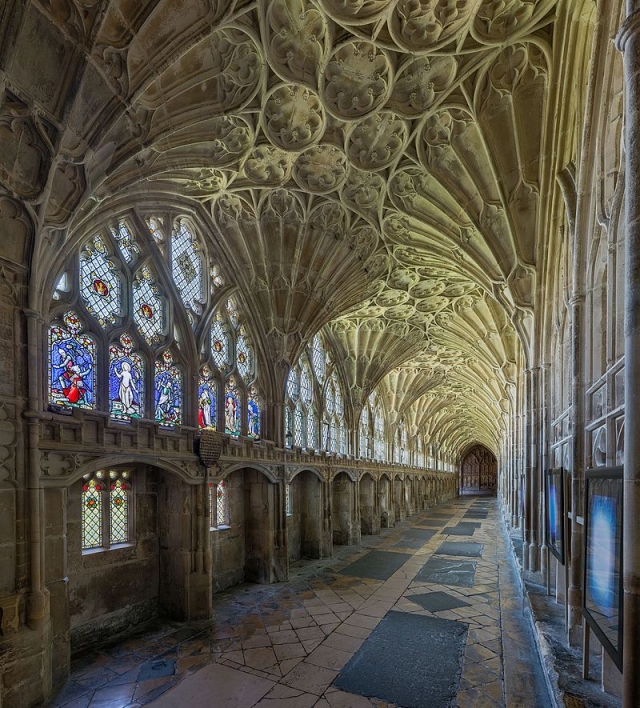Gloucestershire Branch Programme

Contact details – Janet Graham at histassocglos@gmail.com or Robert Sutton on 01242 574889
Members and students free entry to all talks, visitors £4 entrance fee.
Venues for most talks are the University of Gloucestershire either in Cheltenham or Gloucester. Directions can be found on the university website – www.glos.ac.uk
Some talks will be held at alternative locations. Details are provided for each talk.
Our website contains up to date information www.haglos.co.uk
Gloucestershire Branch Programme 2025
Monday 20 January 2025, 7.30pm
Venue –Zoom only, please register at https://www.ticketsource.co.uk/historical-association-gloucestershire-branch/t-mopllxx
Byzantium the Forgotten Empire, Professor Jonathan Harris, Professor of the History of Byzantium, Royal Holloway, University of London
An exploration of one of the great cultural and political forces of the Middles Ages that somehow never made it onto the school curriculum. The lecture looks at who the Byzantines were and why their state endured for so long in very adverse circumstances between the fourth and fifteenth centuries. Finally, it will consider why and how, in the end, it disappeared.
Monday 17 February 2025, 7.30pm
**Venue change** – Francis Close Hall, University of Gloucestershire, Cheltenham and by Zoom - please register https://www.ticketsource.co.uk/historical-association-gloucestershire-branch/t-xmlnnnv
Dead Ends and Grey Zones: The UN and Cold War Conflict Management, Dr Volker Prott, Aston University.
Dr Volker Prott from Aston University will revisit a crucial chapter of twentieth-century international history: the role of the UN in Cold War conflict management. His talk will examine to what extent the UN lived up to its original ambitions, how it dealt with failures and ‘dead ends’ in a Cold War setting dominated by great power interest – and how UN officials still sought to use ‘grey zones’ to exert political influence and ensure the growth of their organisation and its multiple agencies. The talk will use the early Kashmir conflict, the Congo Crisis of the 1960s, and the East Pakistan crisis of 1971 as case studies to trace the shifting strategies of UN conflict management. It will conclude with some historical reflection points, asking how the UN might become a legitimate and effective political force in the resolution of the multiplying conflicts and crises of the present.
2025 marks the 80th anniversary of the founding of the U.N.
Monday 17 March 2025, 7.30pm
Venue – Oxstalls Campus, University of Gloucestershire, Gloucester and by Zoom - please register
https://www.ticketsource.co.uk/historical-association-gloucestershire-branch/t-avgpppk
English Perceptions of Joan of Arc from the 15th to 21st Centuries, Professor Anne Curry, Emeritus Professor of Medieval History at the University of Southampton.
Joan of Arc was instrumental in undermining English rule in France in the early fifteenth century and it is hardly surprising that she was portrayed wholly negatively in English sources of the period. Yet views changed in later centuries and Joan became quite a heroine for English writers. Anne will trace this changing reputation through words and images of Joan from the middle ages to today.
Monday 14 April 2025, 7.30pm
Venue - Tewkesbury Methodist Church, High Street, Tewkesbury and by Zoom - please register
https://www.ticketsource.co.uk/historical-association-gloucestershire-branch/t-pqdnnnp
Henry VI and the origins of the Wars of the Roses, Dr James Ross, University of Winchester
Dr Ross's lecture will focus on Henry VI, king of England from 1422-61, and the ways in which his priorities as king diverged sharply from what was expected of medieval monarchs, and how his fitful engagement with government - in an age of personal kingship - was perhaps the worst of all worlds for the realm he ruled. The extent to which this led to the bloody outbreak of the Wars of the Roses will be evaluated.
Dr James Ross is Reader in Medieval History at the University of Winchester. He works on English political society in the fifteenth and early sixteenth centuries, particularly on the nobility and on kingship. He has published a number of articles as well as biographies of John de Vere, Thirteenth Earl of Oxford, 1442-1513 (2011) and Henry VI: A Good, Simple and Innocent Man (2016) for the Penguin English Monarch Series.
Monday 12 May 2025, 7.30pm
Venue – Park Campus, University of Gloucestershire, Cheltenham and Zoom - please register
https://www.ticketsource.co.uk/historical-association-gloucestershire-branch/t-rponnkp
Rural Crime, and Protest? Poaching and Incendiarism in Early 19th Century Gloucestershire, Mr Tom Wilkinson, teacher and PhD student.
Crimes such as poaching and incendiarism have been labelled by anthropologist James Scott as examples of ‘weapons of the weak’, covert actions that allow the powerless within a society to resist exploitation without having to resort to more overt deeds such as riot and rebellion. While these acts are conducted on a small scale, their cumulative impact can be considerable.
The stereotype of the lone poacher, forced into criminality through the desperation of poverty, taking food from the lands of an uncaring elite in order to support his family, has long been considered synonymous with the concept of protest through crime. Poachers have been represented as fighting in a ‘crusade against privilege and the class monopoly of the Game Laws’, and have come to represent a fundamental element in the creation of working-class consciousness in the nineteenth century. The reality, however, was far more nuanced.
The same concepts have been applied to incendiarism, particularly the targeting of agricultural property. Arson has been described as the ‘prime weapon of rural war […] a hallmark of social protest’ during the nineteenth century. Historians have pointed to the hopelessness felt by the rural poor during this period, a time that saw their quality of life ‘degraded to a state of wretchedness’, their living standards often worse than the animals to which they tended. It has been argued that incendiarism, and crime in general, provided the rural poor with a level of agency they otherwise lacked. Their crimes, therefore, were justified.
Early nineteenth century Gloucestershire provides a fascinating case study regarding these issues. This talk will examine examples of poaching and incendiarism within the county. The extent to which both crimes should be considered a justifiable form of protest will also be discussed.


